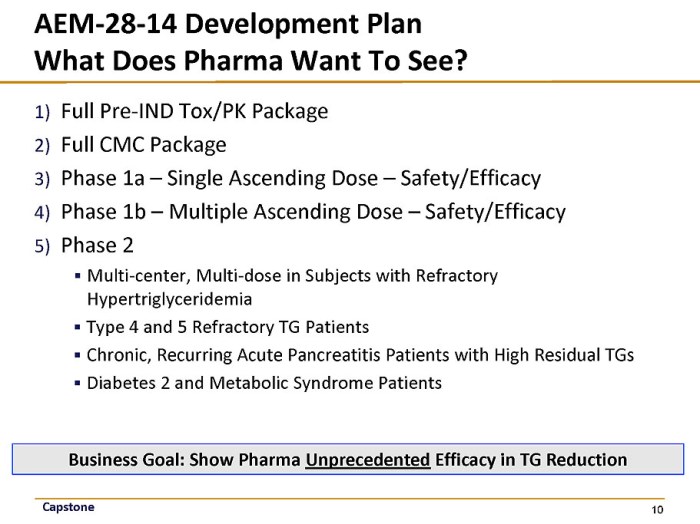Capstone leadership and community health assessment – Capstone Leadership in Community Health Assessment is a transformative approach that harnesses the power of leadership to drive comprehensive assessments and interventions, empowering communities to achieve optimal health outcomes. This multifaceted concept encompasses a wide range of strategies, ethical considerations, and best practices that collectively shape the role of leaders in addressing community health needs.
Community health assessments are crucial for identifying health disparities, prioritizing interventions, and fostering collaboration among stakeholders. Capstone leaders play a pivotal role in orchestrating these assessments, ensuring that they are inclusive, data-driven, and responsive to the unique needs of each community.
Capstone Leadership in Community Health Assessment
Capstone leadership plays a pivotal role in community health assessment by guiding the process, engaging stakeholders, and ensuring the effective utilization of findings to improve population health. Capstone leaders leverage their expertise to facilitate data collection, analysis, and interpretation, leading to the identification of health needs and the development of targeted interventions.
Challenges and Opportunities for Capstone Leaders, Capstone leadership and community health assessment
Capstone leaders face challenges such as limited resources, stakeholder engagement, and addressing health disparities. However, they also have opportunities to foster collaboration, leverage technology, and advocate for policies that promote health equity.
Key Components of Community Health Assessment
A comprehensive community health assessment encompasses several key components:
- Data Collection:Gathering data from various sources, including surveys, interviews, and health records.
- Data Analysis:Using statistical and qualitative methods to identify patterns, trends, and health disparities.
- Identification of Health Needs:Prioritizing health issues based on prevalence, severity, and impact on the community.
- Development of Recommendations:Formulating evidence-based strategies to address identified health needs.
Role of Community Engagement in Capstone Leadership

Community engagement is crucial for capstone leadership in community health assessment. Effective strategies include:
- Community Partnerships:Collaborating with local organizations, businesses, and community groups.
- Community Forums:Hosting public meetings to gather input and disseminate findings.
- Community Advisory Boards:Establishing committees to provide ongoing guidance and support.
Ethical Considerations in Capstone Leadership
Capstone leaders must adhere to ethical principles, including:
- Confidentiality:Protecting the privacy of participants and maintaining the confidentiality of data.
- Informed Consent:Obtaining voluntary consent from individuals before collecting data.
- Conflict of Interest:Avoiding situations where personal interests could compromise the objectivity of the assessment.
Impact of Capstone Leadership on Community Health Outcomes

Capstone leadership has a significant impact on community health outcomes, as evidenced by:
- Improved Health Status:Reduced prevalence of chronic diseases, improved access to care, and increased health literacy.
- Reduced Health Disparities:Targeted interventions to address inequities and promote health equity.
- Enhanced Community Resilience:Strengthening community capacity to respond to health challenges and emergencies.
Best Practices for Capstone Leadership in Community Health Assessment

| Best Practice | Description |
|---|---|
| Stakeholder Engagement: | Actively involve community members, healthcare providers, and policymakers in all phases of the assessment. |
| Data-Driven Decision-Making: | Base recommendations and interventions on robust data analysis and evidence-based practices. |
| Community Capacity Building: | Empower community members to participate in and sustain health improvement initiatives. |
| Collaboration and Partnerships: | Foster partnerships with local organizations, businesses, and government agencies to leverage resources and expertise. |
| Cultural Sensitivity: | Respect and incorporate cultural diversity in all aspects of the assessment and intervention development. |
Future Directions for Capstone Leadership in Community Health Assessment: Capstone Leadership And Community Health Assessment
- Integration of Technology:Utilizing technology to enhance data collection, analysis, and communication.
- Addressing Social Determinants of Health:Focusing on the impact of social and economic factors on health outcomes.
- Promoting Health Equity:Prioritizing interventions that reduce health disparities and promote health justice.
- Leadership Development:Investing in training and mentorship programs to cultivate future capstone leaders.
- Interdisciplinary Collaboration:Fostering collaboration between healthcare professionals, public health practitioners, and community leaders.
FAQs
What is the role of community engagement in capstone leadership?
Community engagement is essential for ensuring that community health assessments are inclusive, responsive, and reflective of the needs and priorities of the community. Capstone leaders foster community engagement through active listening, collaborative decision-making, and empowering community members to participate in all stages of the assessment process.
How does capstone leadership impact community health outcomes?
Capstone leadership drives positive community health outcomes by facilitating comprehensive assessments, identifying health disparities, and implementing targeted interventions. By engaging community members and stakeholders, capstone leaders create a sense of ownership and accountability, leading to sustained improvements in health behaviors and overall well-being.
What are the ethical considerations in capstone leadership for community health assessment?
Capstone leaders must adhere to ethical principles such as confidentiality, respect for autonomy, and social justice. They must ensure that data collection and analysis are conducted in an ethical manner, and that the findings are used to benefit the community without causing harm or discrimination.